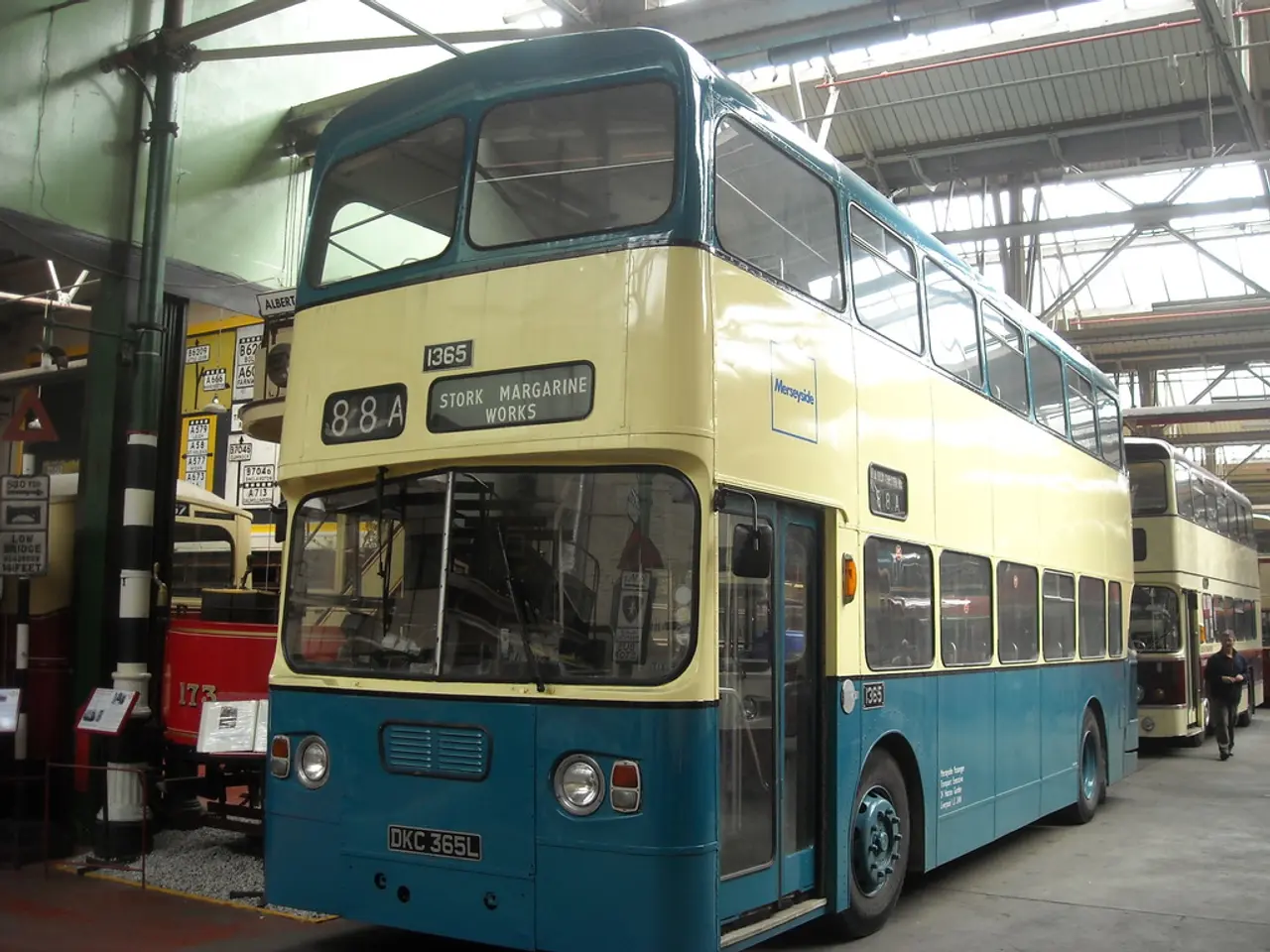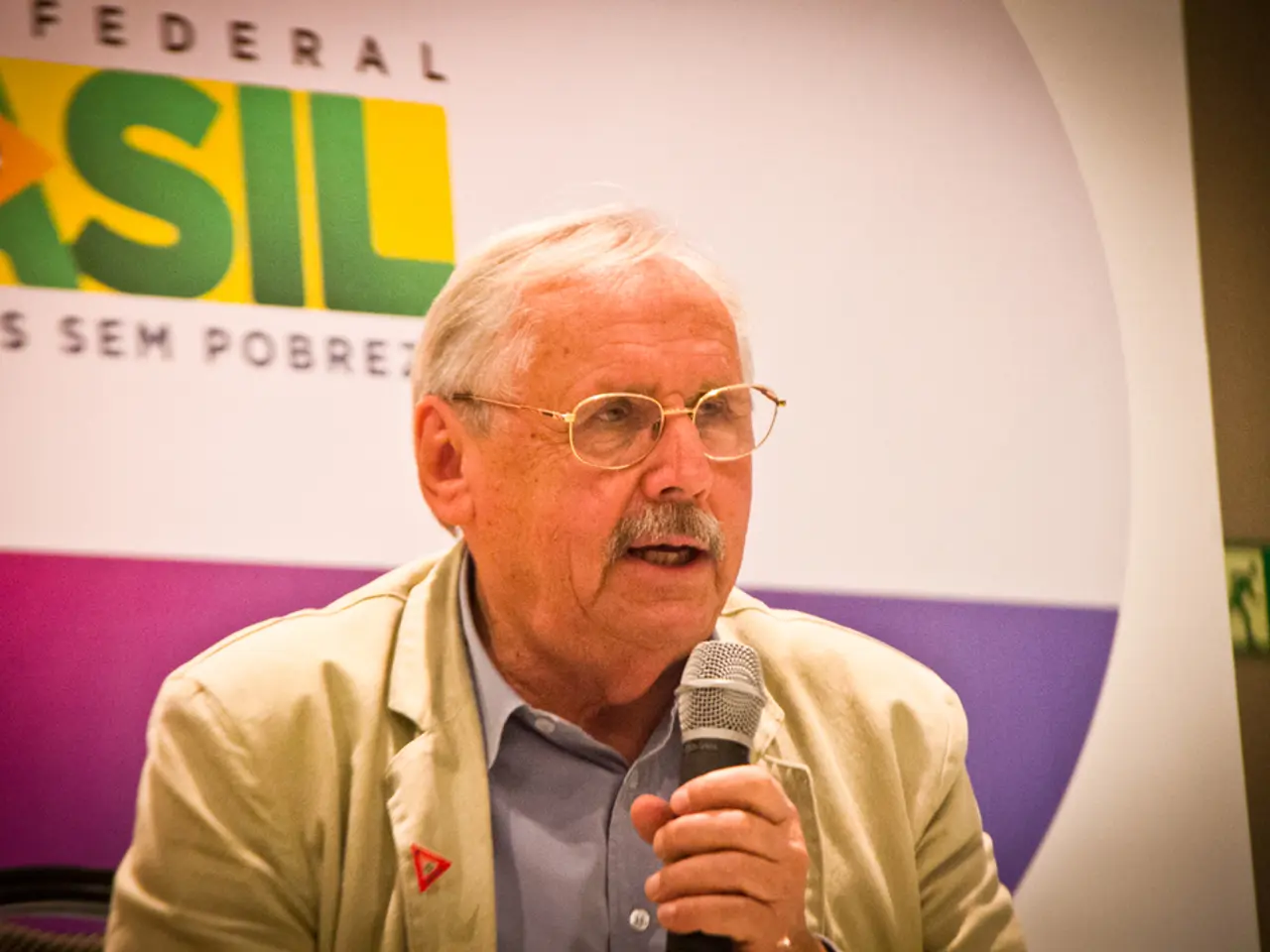Celebratory Statement on the 406th Mark of the First Repactive Legislative Body Assembly in American History
Celebrating the Legacy of Jamestown: The Birthplace of American Self-Government
Four centuries ago, in a modest wooden church in Jamestown, Virginia, the first representative assembly in the New World was established. This historic event, known as the General Assembly of Virginia, took place on July 30, 1619, and marked the beginning of a rich legacy that continues to define the American spirit.
This assembly, the oldest continuous lawmaking body in the Western Hemisphere, introduced the practice of representative self-government in the American colonies. For the first time, elected burgesses (delegates) spoke for each settlement and participated in lawmaking, giving colonists a direct voice in their governance outside of England.
The General Assembly of Virginia laid the foundation for democratic principles that would become core ideas in American political development. It established a bicameral legislature with a House of Burgesses elected by colonists and an appointed council and governor with veto power, embodying early checks and balances and the concept of consent of the governed.
The assembly's model of representative government grew into the broader fabric of American democracy, inspiring later colonial assemblies, state legislatures, and ultimately the U.S. Congress. Today, as the United States celebrates its 250th year as an independent Nation, the principles of liberty and independence born in Virginia continue to course through American customs and inspire the American way of life.
Ideals such as self-determination, representation, popular accountability, and devotion to the common good are cherished in America as a prized inheritance. The legacy of Jamestown lives on through the Virginia House of Delegates, a testament to the enduring principles of self-government and hard-fought freedom.
The settlers in Jamestown enacted laws to glorify God, promote the common good, and answer to the will of the people. Their heroic tenacity, bravery, and vision are being paid tribute to as the principles they established continue to guide the country for more than two centuries. America is not ruled by tyrants or distant powers; it is governed by a free, strong, and independent citizenry.
John Adams wrote before the signing of the Declaration of Independence that "We all look up to Virginia for examples." Today, Virginia is referred to as the cradle of American democracy, a fitting tribute to the modest yet crucial beginning that helped build a nation defined by self-government and democratic principles. Through the sacrifice of the first settlers, the Nation now stands taller, prouder, mightier, and greater than ever before.
In the manner John Adams revered, America still looks towards Virginia for historical examples, like the first representative assembly in the New World, which established the foundations of American democracy. This assembly, the Virginia General Assembly, not only marked the beginning of self-government but also instilled values of culture, history, and politics, shaping the general-news landscape that has defined America for centuries.







